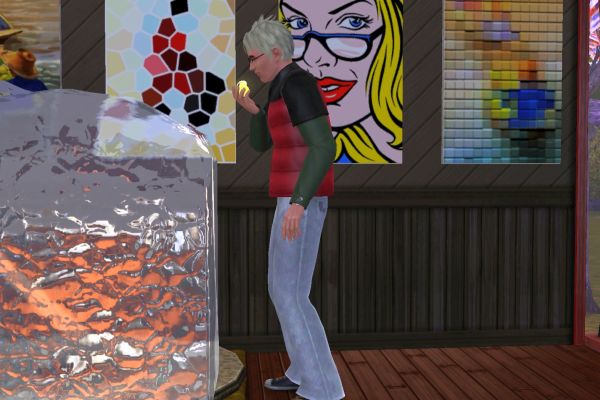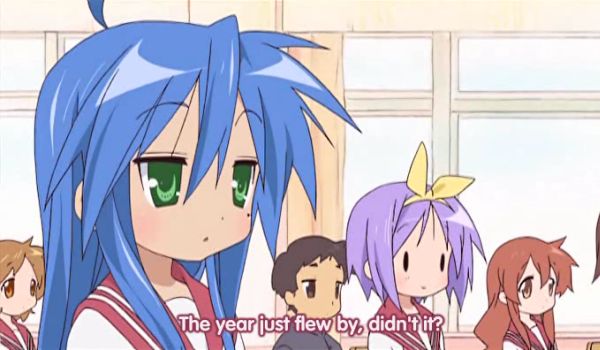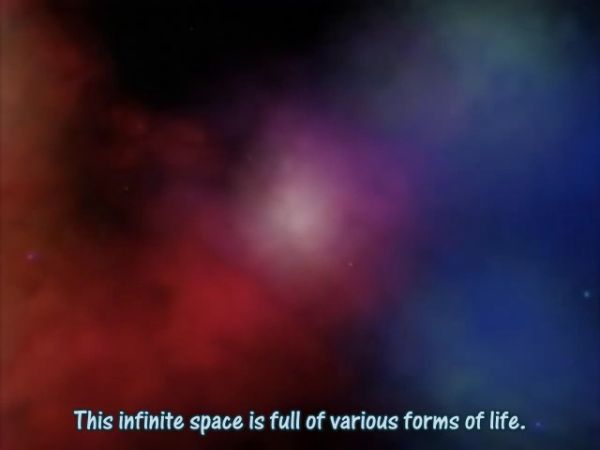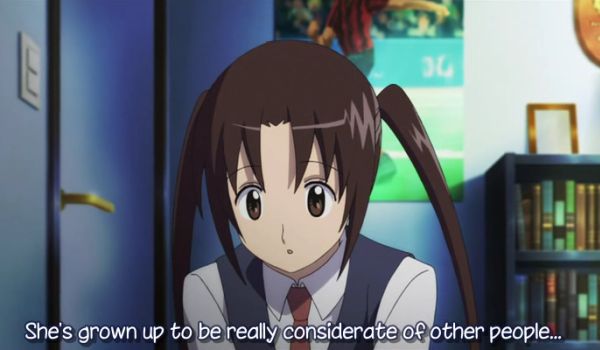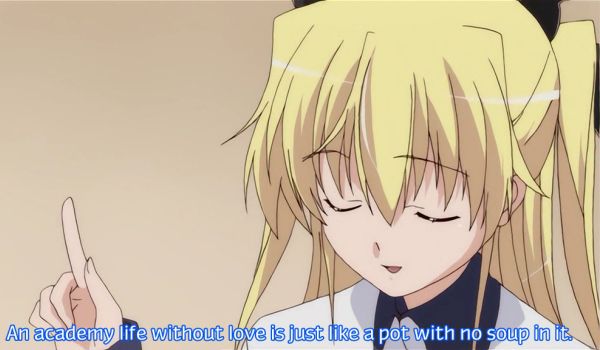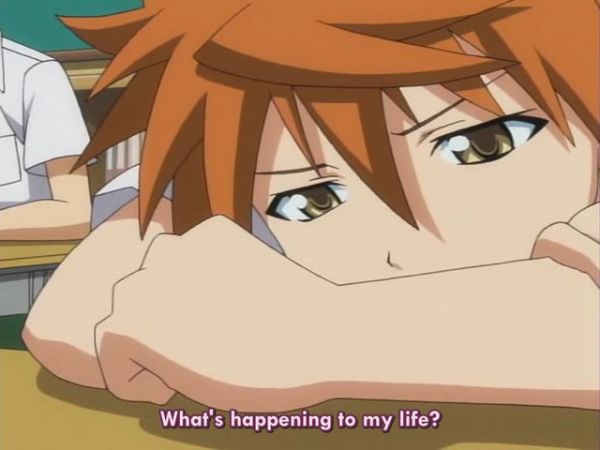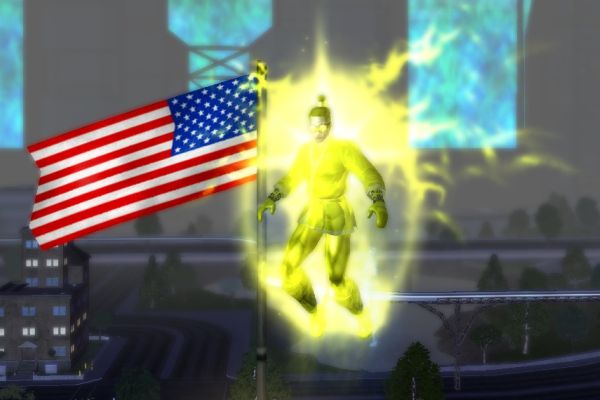
Should not the superior man rule the masses, rather than the other way around? But it rarely is that simple, and I hope I shall show why.
In principle, in the ideal world, actions have predictable consequences. Eat right and exercise regularly, and you will live a long and healthy life. Study hard, work conscientiously, live frugally, and you will become rich eventually. Things like that.
But the world we live in down here on Earth, what most people call the real world, is not quite like that. There is an element of randomness, at least as seen from the human perspective. So many principles are active at the same time, many of which are outside of our control, that the simple cause and effect we look for is broken up. We cannot predict the future, much less create it. All we can do is increase the chances of a certain outcome. We cannot ensure it, cannot guarantee it.
Well, jumping from bridges works much as expected, but if you are walking along the road, loose cargo from a truck may hit you and kill you anyway, as happened to a guy not far from here. All our plans, all our hopes, not to say our dreams, are subject to uncertainty. The more complex the chain of cause and effect, and the longer it takes, the more randomness overtakes it.
***
We are all aware of this on the outside, that is to say, what the world does to us. We know there is a random element in what happens to us. But there is another randomness that we generally disregard. This is the randomness inside, the randomness of what we think, feel, say and do. This internal randomness is more or less unofficial, and with good reason.
While randomness from the outside occurs pretty much equally to all of us, randomness from inside varies from person to person. This is problematic.
Some people are just principled. If they decide to not eat snacks, they don’t change their mind when they pass between long shelves of snacks in the supermarket. If they decide to not drink, they don’t change their mind if everyone around them drinks. If they have decided on monogamy, they don’t change their mind when approached by someone extremely attractive. If there is randomness within them, it seems to be weeded out before it even reaches the surface.
On the other extreme, we have the extremely spontaneous people. They want to graduate with honors too, but when they drop by the store for some bread, they somehow end up with beer instead. They want to do well in the job interview tomorrow, but end up playing World of Warcraft till 5 in the morning and oversleeping the whole thing. They may be fun to be around, but not so much when the bills come due.
Even if we follow a course of action firmly, randomness from outside means we can only raise the odds in our favor. But if randomness already intrudes between our aspirations and our actions, we can hardly even raise the odds at all. If what we do is random, what happens to us will be even more random.
***
Based on all this, one may be tempted to reconsider the whole general emancipation thing. You know, the whole thing about letting pretty much everyone vote.
Some states actually don’t let convicted felons vote, and this is a pretty good test of impulsiveness – if you are less impulsive, you probably either don’t commit the crime, or you wait until you can do so without getting caught. But not all people have the same impulses. Why let fat people vote? People with STDs? You can invent endless such tests until you and your friends are the only people left who can vote. Wouldn’t this be a good idea? For the good of all, I mean…
Probably not. To understand this, we should take a look at how people become principled in the first place.
Some people may be born to be principled and strong-willed. Perhaps it is genetic, unless you believe that it lies in the human spirit and each person is given a certain amount of this trait before being sent down to Earth.
Some people may have been raised to become principled. I can’t think of anyone, but this could be because we lack a control group. We don’t know how the kids would have grown up if they had been allowed to run free.
But there is a path for the adult who wants to become less random. It consists on having a living interest in the higher principles, as found in higher religions and philosophies. Those who think of the Eternal Laws frequently, who meditate on them when alone, who ask about them and seek the companies of those who follow them, these people tend to gradually become drawn toward these Principles, and in time become more principled themselves. It may take its sweet time, depending on their starting position, but that is the trend. That is the direction in which they move, out of chaos and onto a steadier path.
You may think that having an over-representation of these people among the voters would be a great idea. I don’t entirely disagree, but there is something you need to know about these people. Beyond a certain point, there is a tendency that their kingdom is no longer of this world. In short, they may not feel very strongly about politics. If we have greatly reduced the number of other people who can vote, we may end up with mostly political fanatics, who are principled because of their monomaniacal devotion to some (probably unrealistic) cause or dream. These people tend to not understand ordinary people as easily as do those who have been one. They also tend to not consider other people’s lives very important compared to The Cause.
Having general emancipation introduces a great deal of randomness, and thereby inertia, into the political process. This is bad when it impedes rapid progress toward the better, but it is great when it impedes rapid descent into pure madness, which is historically rather likely. After Caesar and Augustus there is sure to come a Nero and a Caligula and a long parade of self-serving or outright insane people. This is why, as Winston Churchill pointed out, democracy is the worst form of government except for all the others that have been tried.
I will leave you with another image. Imagine a large and densely packed flock of sheep. You and some other human are at different places in this sea of woolly randomness. If that other person is a friend, you should be able to move toward each other, albeit slowly, and eventually meet. The sheep were an impediment, but not fatally so. But if it is someone you want to avoid, the sheep is as much a hindrance to him as to you, and Light willing he will never catch up with you.
In this way, randomness will eventually yield to persistence, it just takes time and cooperation among those who share a goal. But it gives those who don’t share a goal, time to oppose each other. The strength of democracy is its inertia, which it derives from the randomness of the majority. It makes a liability into a benefit.

